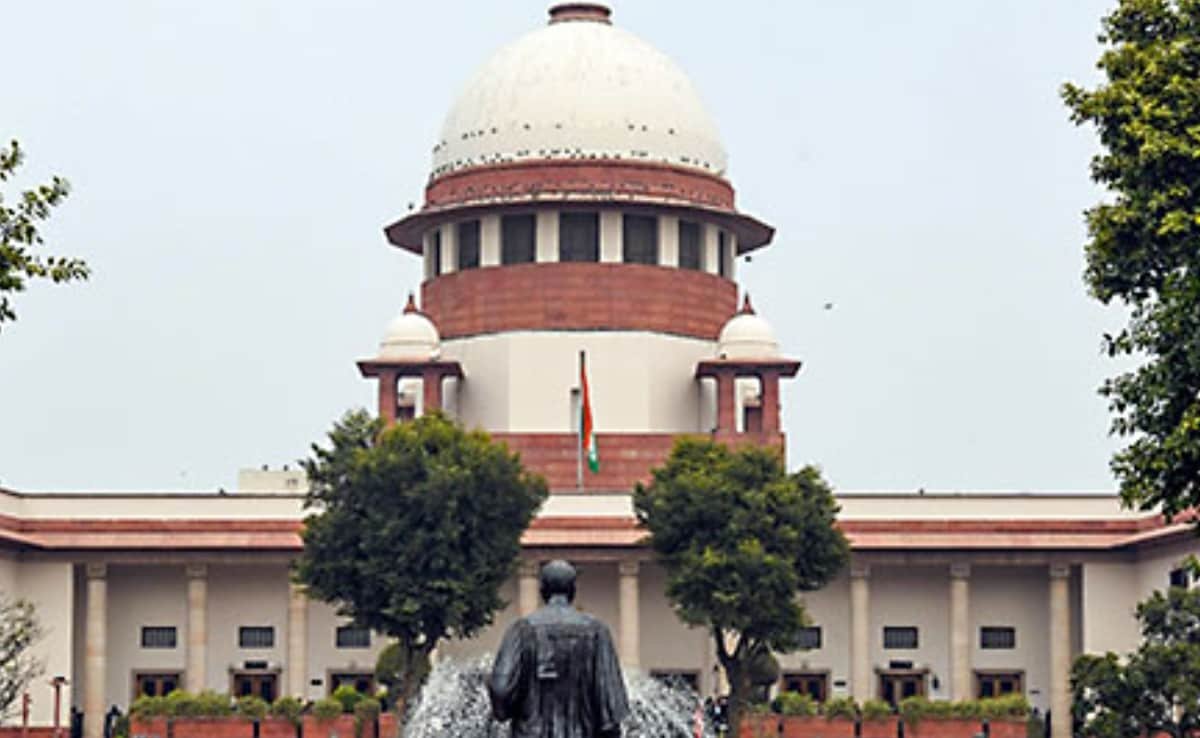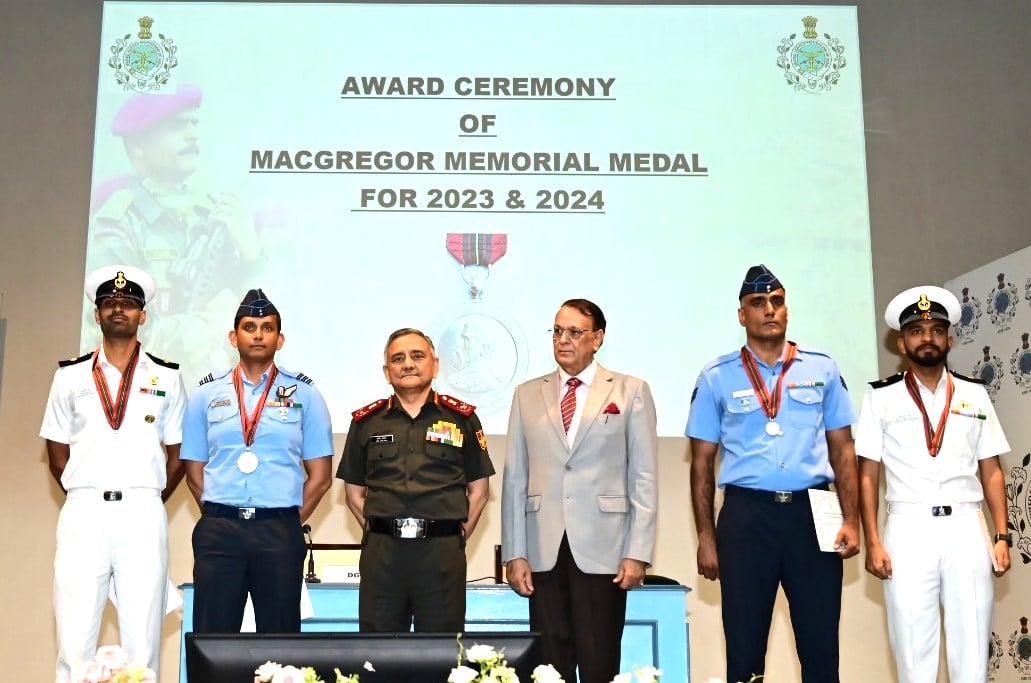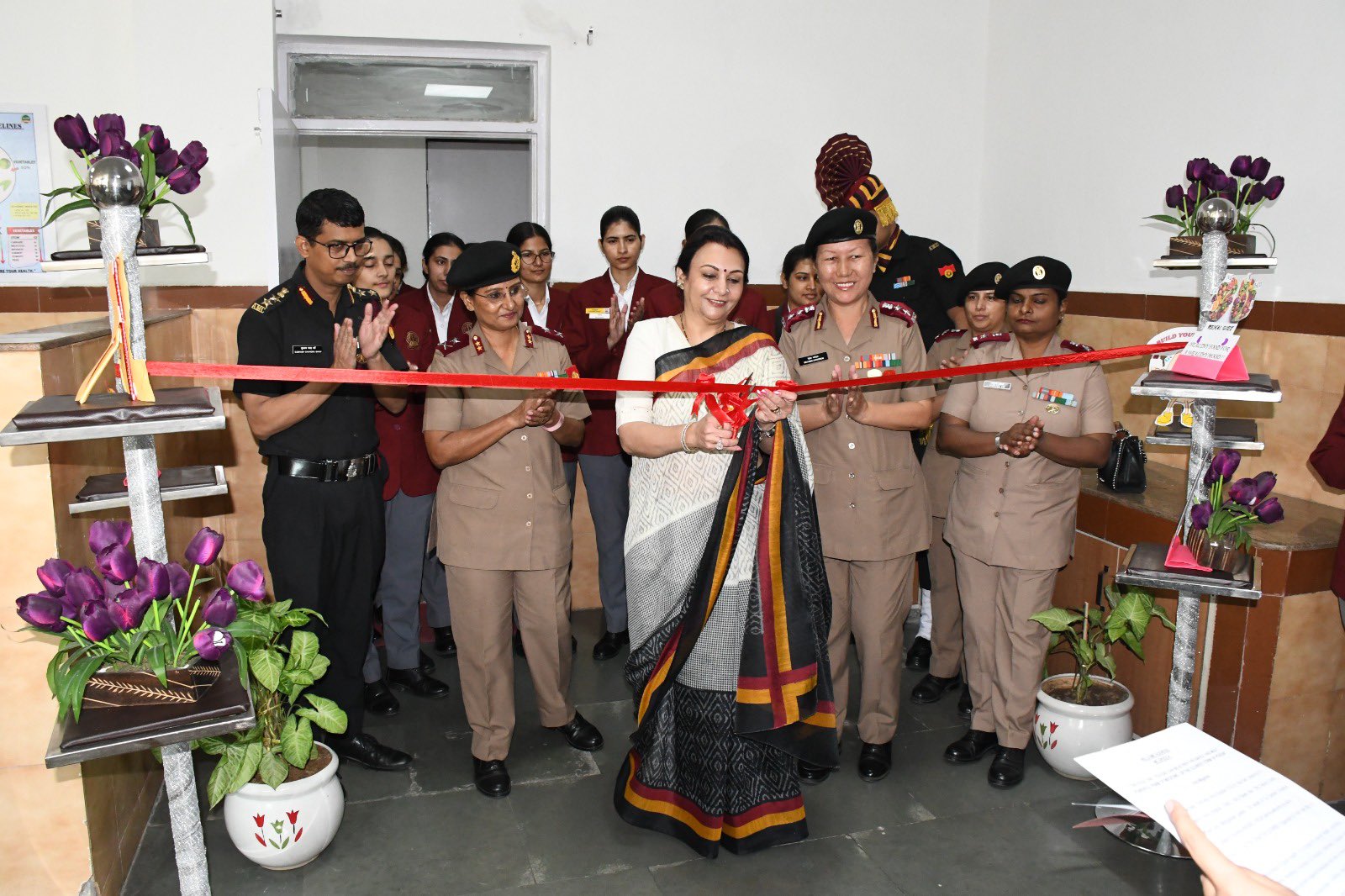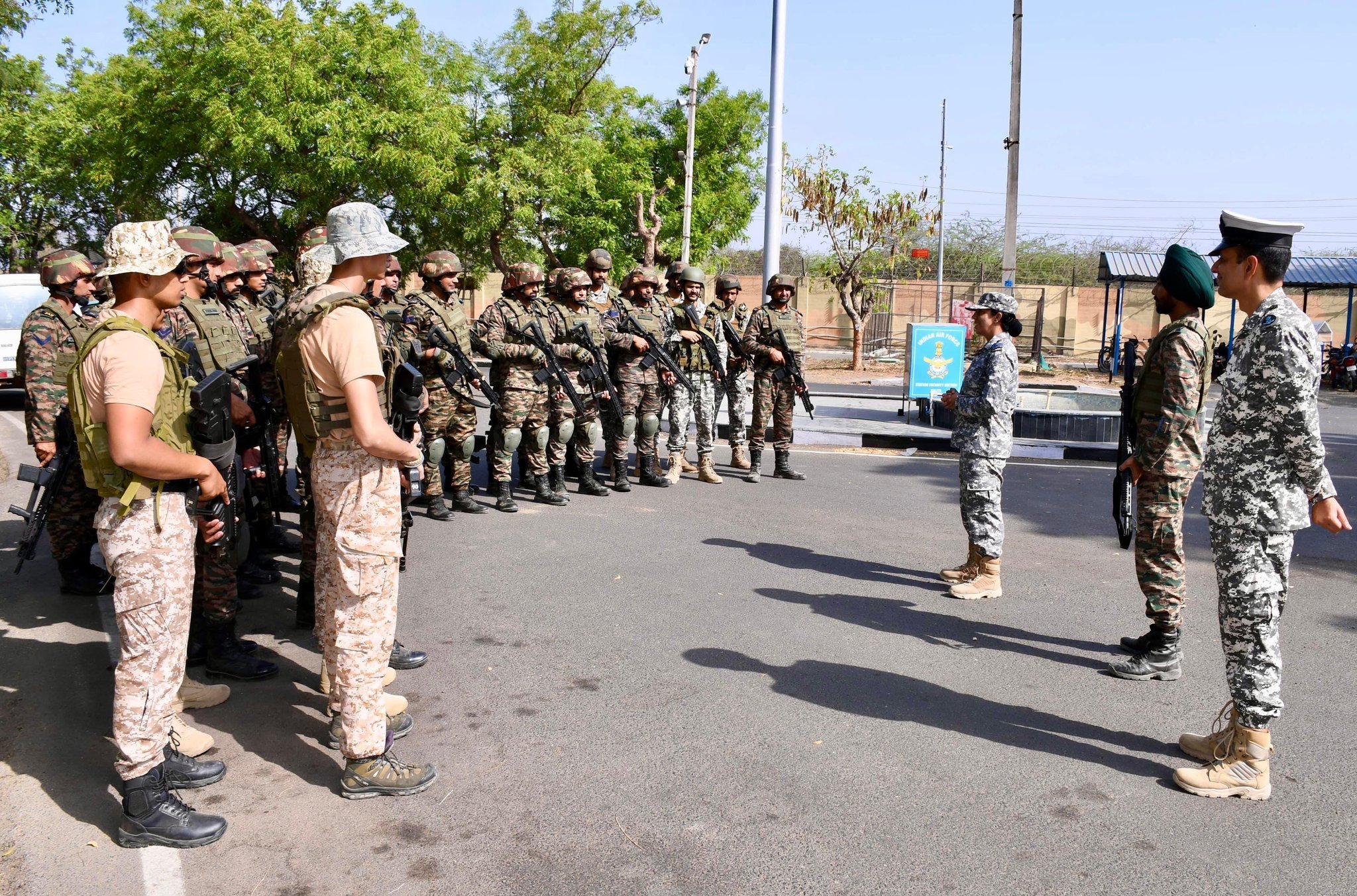In a significant ruling, the Supreme Court has ordered the Union government to grant permanent commission to a woman officer who was previously denied such benefits, despite being in a similar position as her male counterparts. The judgment highlights the importance of equality and non-discrimination in the armed forces, embodying the principle that fairness should be upheld in all aspects of service.
The bench, comprising Justices B R Gavai and K V Viswanathan, issued this directive while addressing the case of a Lieutenant Colonel in the Army Dental Corps stationed in Agra. The court concluded that the officer was unjustly excluded from consideration for permanent commission, a benefit afforded to other officers in comparable circumstances.
In its decision, the court referred to a well-known idiom, asserting that “what is sauce for the goose ought to be sauce for the gander,” emphasizing that rules and privileges should apply equally to all individuals regardless of gender. The justices expressed concern that denying relief to the officer would create an unfair situation, particularly against the backdrop of the rigorous conditions under which Indian soldiers serve, including challenging postings at the Siachen glacier.
The ruling stems from an appeal made by the woman officer challenging a January 2022 order from the Armed Forces Tribunal (AFT) Regional Bench in Lucknow, which had denied her request for similar reliefs granted to other applicants under a prior judgment issued in January 2014. The Supreme Court’s decision underscored that the officer had consistently demonstrated her commitment and capability since her commissioning in March 2008. Notably, she received a commendation card from the Chief of Army Staff in January 2019.
The court detailed the developments leading to the officer being overlooked for permanent commission. Originally, regulations allowed her three attempts to take a departmental examination for this status. However, amendments made in March 2013 limited her opportunities by imposing an age cap of 35 years and restricting eligibility to those holding a postgraduate qualification in Dental Surgery from that date.
While similar officers, who had been similarly deprived, brought their cases to the AFT principal bench, the woman officer was unable to join them due to her pregnancy. Although the AFT’s amendments were upheld, the principal bench had subsequently provided reliefs to those officers affected by the new regulations.
The Supreme Court noted that although the AFT principal bench did not specifically prohibit the consideration of similarly-situated personnel, the woman officer was not included because she was not part of the original application. The justices reiterated a fundamental legal principle: when an individual secures a favorable ruling from the court, others in similar positions should automatically benefit, avoiding the need for additional litigation.
Reiterating the importance of ensuring equality and fairness in military service, the Supreme Court decreed that the officer should receive the benefits of a permanent commission, including seniority, promotional opportunities, and financial recompense, all retroactively awarded to the same commencement date as her male counterparts. The bench mandated that these directives be implemented within four weeks, reinforcing the commitment to uphold justice and equality within the armed forces.












